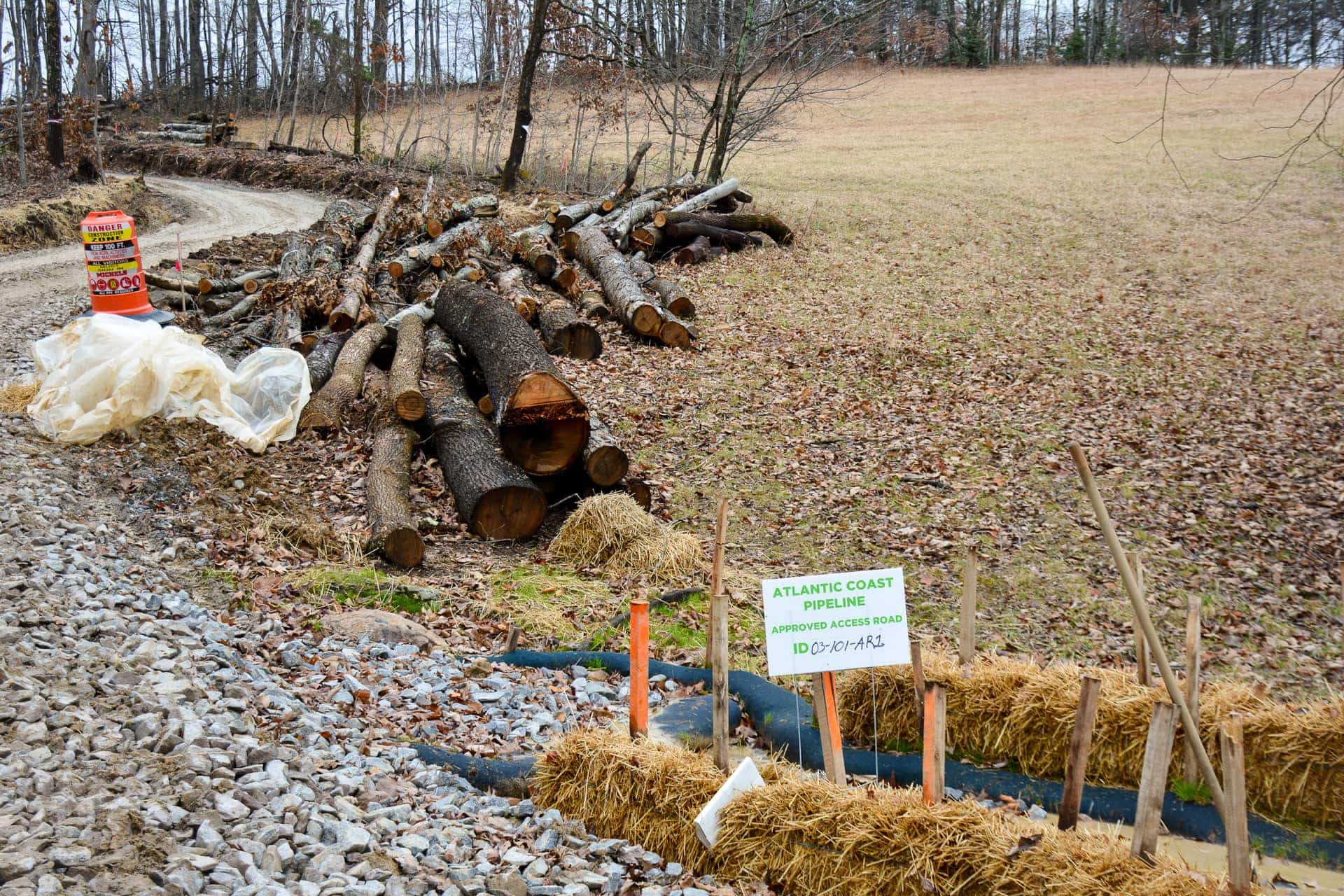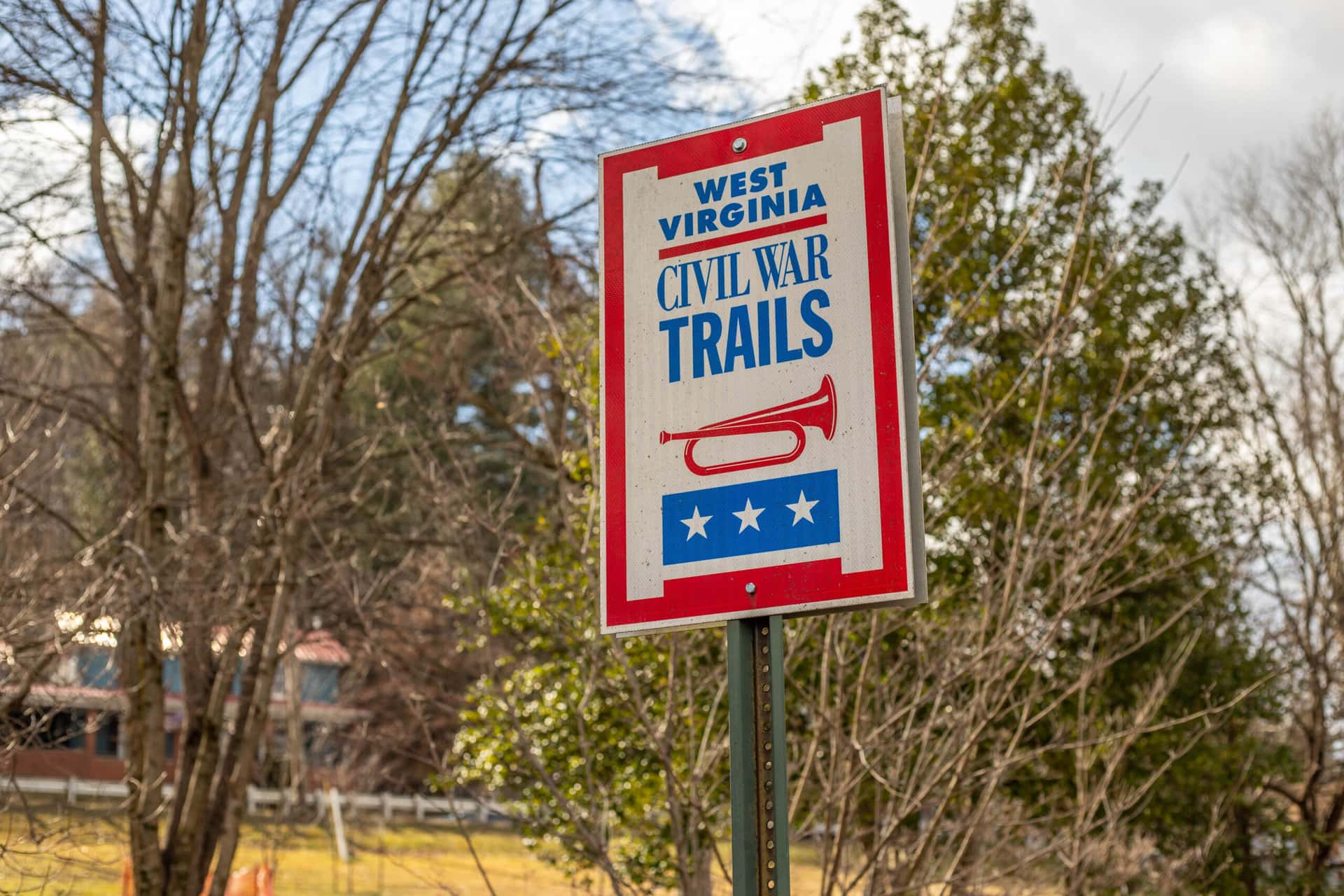BUCKHANNON – Work on the Atlantic Coast Pipeline won’t recommence until the third quarter of 2019, meaning September at the earliest, a Dominion Energy spokesperson said Monday.
Karl Neddenien, media relations manager for Dominion Energy, told My Buckhannon he doesn’t expect full construction to be underway on the 600-mile-long natural gas pipeline until the fall.
“We expect recent permitting issues to be resolved in the coming months so we can resume construction,” Neddenien wrote in an email. “We currently expect that full construction could restart in the third quarter of this year.”
The “permitting issues” to which Neddenien refers are the U.S. Court of Appeals for the Fourth Circuit’s invalidation of several key permits, including ones issued by the U.S. Fish & Wildlife Service; the National Park Service; and the U.S. Forest Service.

Most recently, on Feb. 25, the federal appeals court denied ACP’s request for a rehearing of the case related to the court vacating a U.S. Forest Service permit that would have allowed the 42-inch-wide natural gas pipeline to cross the Appalachian Trail.
Neddenien said ACP planned to appeal the U.S. Forest Service case within 90 days.
The stays placed on those permits can be blamed for ACP’s voluntary work stoppage in mid-December 2018. However, Dominion Energy officials have also noted that the government shutdown in late 2018 and the first part of 2019 has delayed the hearing of ACP’s appeal to the Fourth Circuit regarding its revocation of a U.S. Fish & Wildlife Service permit related to protecting threatened or endangered species along the pipeline’s route.
Although ACP officials initially believed the federal court would hear that appeal in March, Neddenien said Monday the hearing has been moved to early May.
Dominion spokesperson Samantha Norris recently told My Buckhannon the Fourth Circuit had rescheduled the case related to its invalidation of the U.S. Fish & Wildlife Service permit for May.
“The Fourth Circuit court has moved our case from its March docket due to delays associated with the government shutdown, and we now expect to be heard in the next court session May 5-7,” Norris wrote in an email.
Nonetheless, both Norris and Neddenien said Dominion views the delays related to permitting challenges as temporary obstacles that won’t thwart the project as a whole.
“Regardless of temporary delays, we remain committed to the Atlantic Coast Pipeline and are confident it will be completed,” Neddenien wrote. “This project is essential to meeting the basic energy needs of millions of Virginians and North Carolinians. It will help grow our economy, lower consumer energy costs and continue moving our region toward cleaner energy.”
At the beginning of 2019, about 100 employees of Dominion, Michels and other contractors performing pipeline-related work were still stationed in Upshur County in order to complete stabilization work – i.e. shoring up sites that had already been under construction at the time ACP voluntarily suspended construction in mid-December following a series of court rulings.
Neddenien said although that number is currently “relatively unchanged,” it will dip down soon as stabilization work wraps up.
In response to a question posed by My Buckhannon, Neddenien said he doesn’t expect the work stoppage will impact ACP’s funding of, or contractors’ progress on, a nearly $2 million project waterline improvement project designed to enhance the City of Buckhannon’s water system.
ACP is paying for the project – work on which has been visible on the Brushy Fork Road and in front of the Brake’s Dairy King plaza – to ensure the energy company has the water pressure necessary to test the pipeline.

“We have no plans to change our funding for the city’s water system at this time,” Neddenien said Monday.
Despite ACP officials’ assurances the natural gas pipeline will be completed, environmental groups and property rights advocates who have filed lawsuits against Dominion and ACP have raised an array of questions about the project, from concerns about its impact on the environment and animals to questions about public health and safety.
Lewis Freeman, the executive director of the Allegheny-Blue Ridge Alliance based in Virginia, says the coalition of groups that oppose ACP’s construction are primarily concerned about the feasibility of building a pipeline through such a mountainous region.
“There are some in the investment community who have questioned the viability of the Atlantic Coast Pipeline, notwithstanding the opinions of the people invested in the project,” Freeman said Tuesday. “The coalition of these environmental groups has formed because ultimately we agree, above and beyond, that it is environmental folly to build a natural gas pipeline through the mountains of West Virginia and Virginia.”
Not only could the pipeline potentially harm water supplies and wildlife, but it also presents challenges from an engineering perspective, Freeman said.
“Our ultimate rallying point from the beginning has been, even if you are for pipelines, this is a lousy place to build a pipeline,” he said.
Freeman said although the delays could be considered victories for the environmental groups that oppose pipeline construction, “we don’t consider this fight over until it’s over.
“We believe that the company has invested lots of time and money in this project, and they’re not abandoning it easily,” he said, “but they haven’t even gotten to the point of building it in the most difficult parts.”
Freeman said slopes in Randolph County were mere “hills” compared to the mountains in Pocahontas County, West Virginia, and Highland County, Virginia.
Nonetheless, ACP will be completed, Norris, one of the spokespersons for Dominion, said.
“Regardless of temporary delays, we know that the completion of ACP is essential to meeting the energy needs of millions of Americans,” she said, “and we are confident in the ultimate outcome: The ACP will be completed.”
The Atlantic Coast Pipeline is a joint venture between Dominion Energy, which owns 48 percent of the line, Duke Energy, Southern Company Gas and Piedmont Natural Gas. It will span three states, originating in Harrison County, West Virginia,and ending in Robeson County, North Carolina.



















